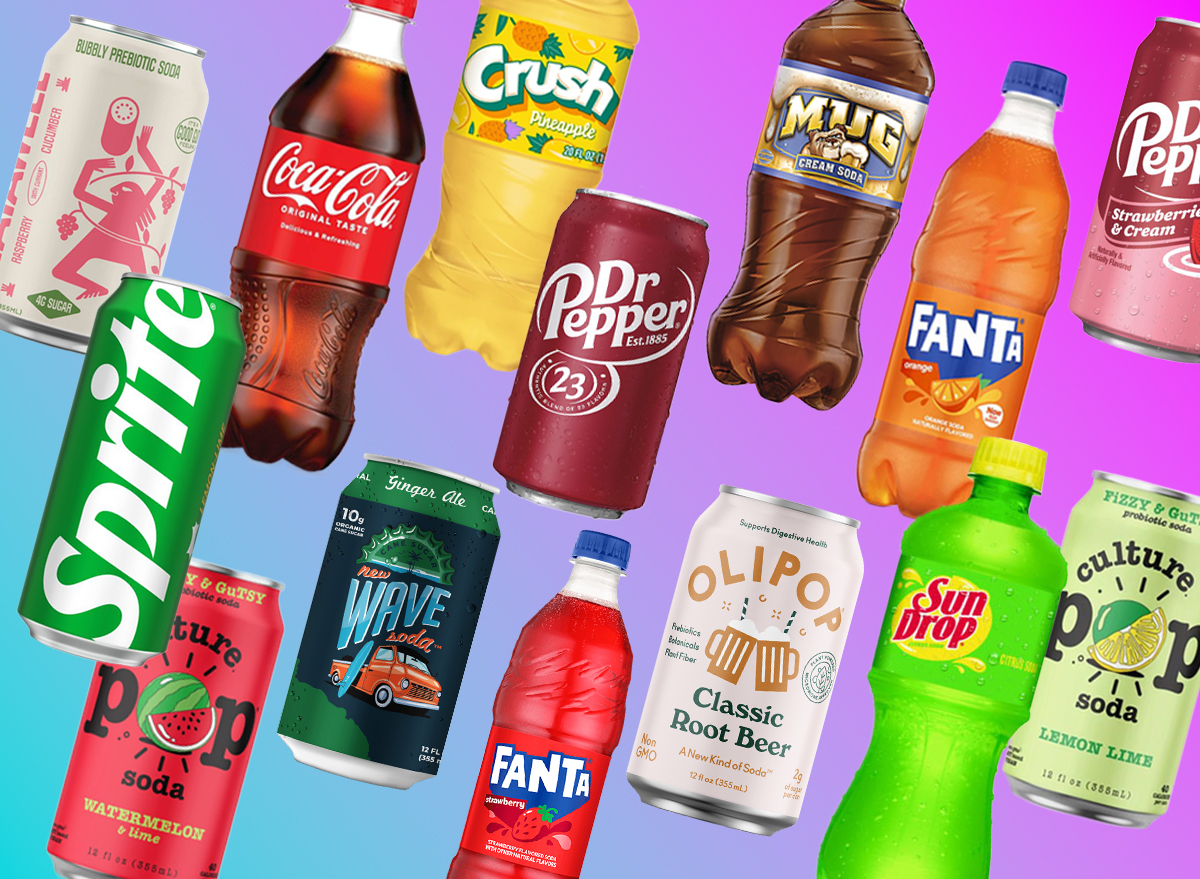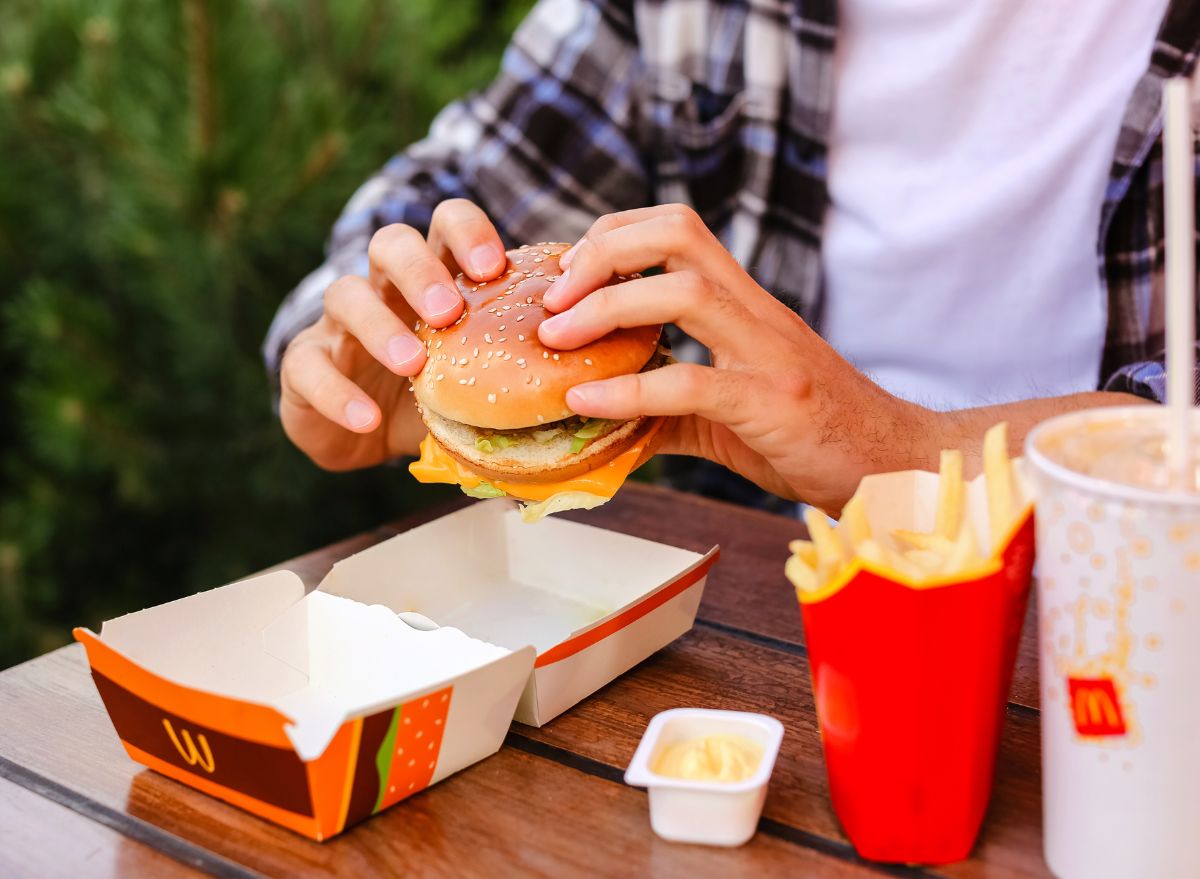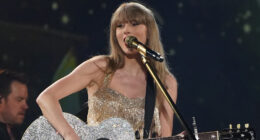
High blood pressure is a condition whereby the pressure of blood in your arteries is consistently too high. If left untreated, it can lead to heart and circulatory diseases like heart attack or stroke. Blood coming from your nose could be an indication you’re at risk of the condition.
Nosebleeds could be a warning sign of hypertension, according to Superdrug.
While they’re quite common, and aren’t usually anything to worry about, they could be caused by weak blood vessels, it said.
Speak to a doctor if you commonly get nosebleeds for no obvious reason, it added.
“It is possible to get high blood pressure symptoms” said Superdrug.
“If you do have high blood pressure, there are some symptoms you could experience.
“Nosebleeds [are] quite common. Usually these are due to weakness in the blood vessels in the inner lining of part of the nose and may require cautery.
“However, the truth is, that the vast majority of patients with high blood pressure have no symptoms at all.
“This means they have no idea they have it. High blood pressure is known as ‘the silent killer’.”
You should go straight to A&E if your nosebleed lasts longer than 10 to 15 minutes, said the NHS.
If the bleeding seems excessive, or if you’re feeling weak or dizzy, you should also speak to a medical professional.
Other than high blood pressure, a nosebleed could be caused by simply picking your nose, or by blowing your nose too hard.
READ RELATED: Is your health and fitness routine broken? What to do when staying in shape feels harder than ever.
Heart conditions like hypertension and congestive heart failure can cause nosebleeds.
The NHS said: “Nosebleeds aren’t usually serious however frequent or heavy nosebleeds may indicate more serious health problems such as high blood pressure or blood clotting.
“This should be checked by a health professional.
“Nosebleeds that need medical attention can come from deeper inside the nose and usually affect adults.
“They can be caused by high blood pressure.”
Long term changes to keep blood pressure healthy
In addition to short-term treatments, modifying your lifestyle can keep high blood pressure at bay.
One of the most important protective measures is to eat a healthy, balanced diet.
According to the NHS, you should cut down on the amount of salt in your food and eat plenty of fruit and vegetables.
Salt raises your blood pressure – the more salt you eat, the higher your blood pressure.
“Aim to eat less than six grams (0.2oz) of salt a day, which is about a teaspoonful,” advises the NHS.
It adds: “Eating a low-fat diet that includes lots of fibre, such as wholegrain rice, bread and pasta, and plenty of fruit and vegetables also helps lower blood pressure.”
Source: Daily Express










